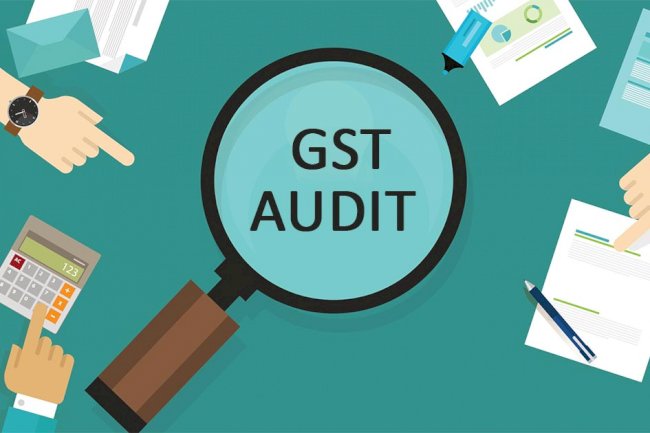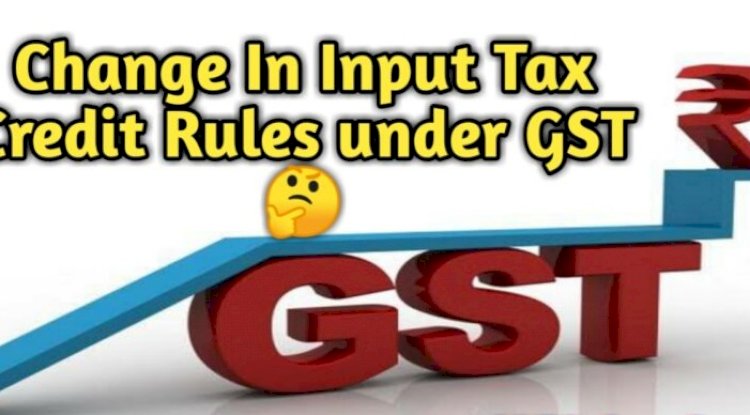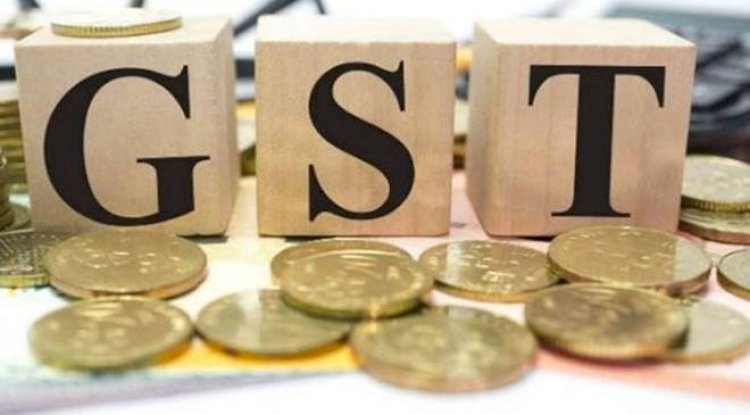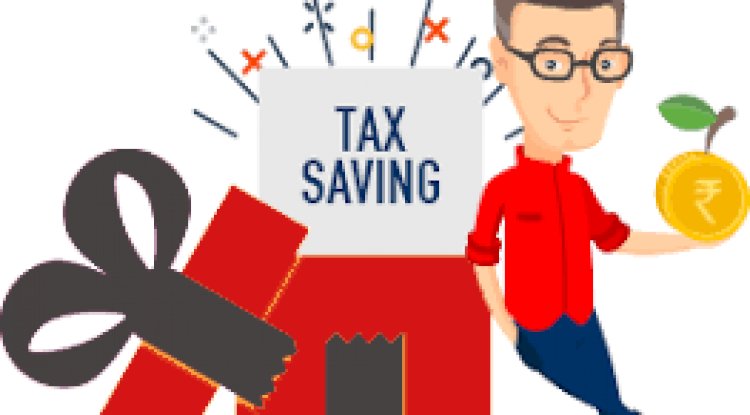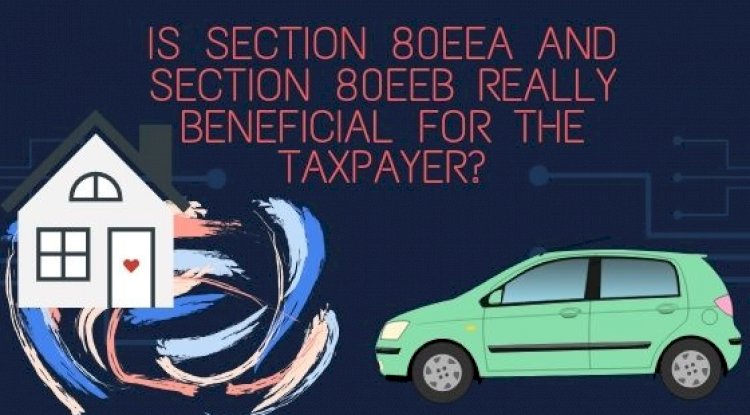IMPACT ON E WAY BILL NEW RULES UNDER GST
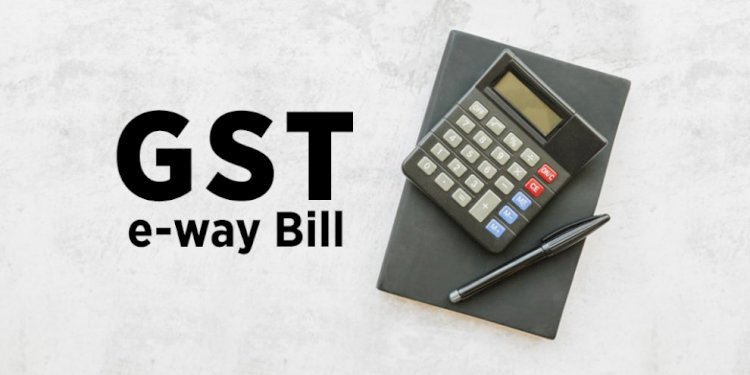
E-way bill is an electronic document generated on the GST portal evidencing movement of goods. It has two Components-
Part A comprising of details of GSTIN of recipient, place of delivery (PIN Code), invoice or challan number and date, value of goods, HSN code, transport document number (Goods Receipt Number or Railway Receipt Number or Airway Bill Number or Bill of Lading Number) and reasons for transportation; and
Part B comprising of transporter details (Vehicle number).
As per Rule 138 of the CGST Rules, 2017,every registered person who causes movement of goods (which may not necessarily be on account of supply) of consignment value more than Rs. 50000/- is required to furnish above mentioned information in part A of e-way bill. The part B containing transport details helps in generation of e-way bill.
Purpose of E way bill :- E-way bill is a mechanism to ensure that goods being transported comply with the GST Law and is an effective tool to track movement of goods and check tax evasion.
Documents required to generate E-Way bill
- Invoice/ Bill of Supply/ Challan related to the consignment of goods
- Transport by road – Transporter ID or Vehicle number
- Transport by rail, air, or ship – Transporter ID, Transport document number, and date on the document
Applicable for Generate an E-Way bill
- Registered Person – Eway bill must be generated when there is a movement of goods of more than Rs 50,000 in value to or from a registered person. A Registered person or the transporter may choose to generate and carry eway bill even if the value of goods is less than Rs 50,000.
- Unregistered Persons – Unregistered persons are also required to generate e-Way Bill. However, where a supply is made by an unregistered person to a registered person, the receiver will have to ensure all the compliances are met as if they were the supplier.
- Transporter – Transporters carrying goods by road, air, rail, etc. also need to generate e-Way Bill if the supplier has not generated an e-Way Bill.
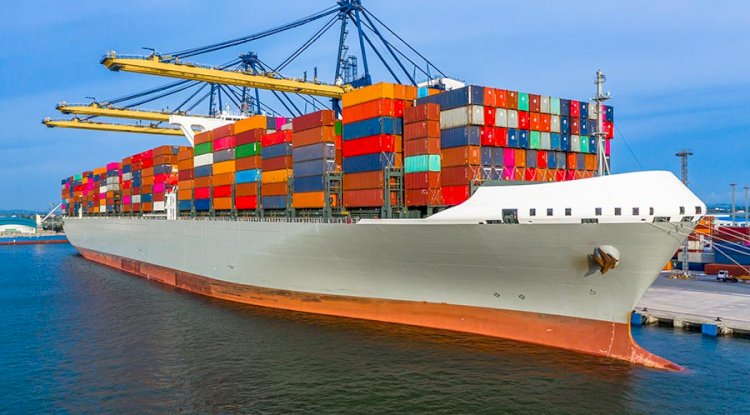
As per provisions of rule 138 (14) of CGST Rules,
E-way bill is not required to be generated under following situations:-
- E-way bill is not required to be generated when below-mentioned goods are being transported:
- Liquefied petroleum gas for supply to household and non domestic exempted category (NDEC) customers;
- Kerosene oil sold under PDS;
- Postal baggage transported by Department of Posts;
- Natural or cultured pearls and precious or semi-precious stones; precious metals and metals clad with precious metal;
- Jewellery, goldsmiths and silversmiths wares;
- Currency;
- Used personal and household effects;
- Coral, unworked (0508) and worked coral (9601)
- In case of transport of goods from customs port, airport, air cargo complex and land customs station to an inland container depot or a container freight station for clearance by Customs,
- When goods are being transported by a non-motorized conveyance,
- When following goods are being transported, the e-way bill is not required to be generated;
- Alcoholic liquor for human consumption
- Petroleum crude
- High-speed diesel
- Motor spirit (commonly known as petrol)
- Natural gas,
- Aviation turbine fuel
- E-way bill is not required to be generated when the goods are being transported—
- under customs bond from an inland container depot or a container freight station to a customs port, airport, air cargo complex and land customs station, or from one customs station or customs port to another customs station or customs port, or
- under customs supervision or under customs seal;
- where the goods being transported are transit cargo from or to Nepal or Bhutan;
- where the goods being transported are exempt from tax under various notifications;
- When Central Government, State Government or a local authority acting as a consignor undertakes transport of goods by rail,
- When goods movement has been caused by defense formation under Ministry of defense as consignor or consignee,
- In case of transport of empty cargo containers.
- In case goods are being transported for weighment purpose and the distance is not more than 20 Kms from the place of the business of the consignor to the weighbridge or vice versa, accompanied by a Delivery challan
- Consignment value less than Rs. 50,000/-,
- The mode of transport is non-motor vehicle,
- Transport of certain specified goods- Includes the list of exempt supply of goods
Blocking and Unblocking of E-way Bill
- E-way bill generation is blocked for taxpayers who have not filed their returns for the previous two consecutive months/quarters.
- Thus, if a taxpayer has not filed GSTR-3B for two or more consecutive months, then he/she cannot generate e-way bills to do dispatches and receive goods, resulting in a standstill.
- Only when a taxpayer files GSTR-3B, the e-way bills will get unblocked on the next day.
- The system of e-way bill blocking was implemented from the 2nd of December 2019.
Penality due to not generate the E-Way bill
As per section 122 (1) of the Central Goods and Services Tax (CGST) Act, 2017, any movement of goods without the generation of an e-way bill constitutes an offence and a penalty of either Rs. 10,000, or the amount of the tax sought to be evaded (whichever is greater).
What's Your Reaction?








